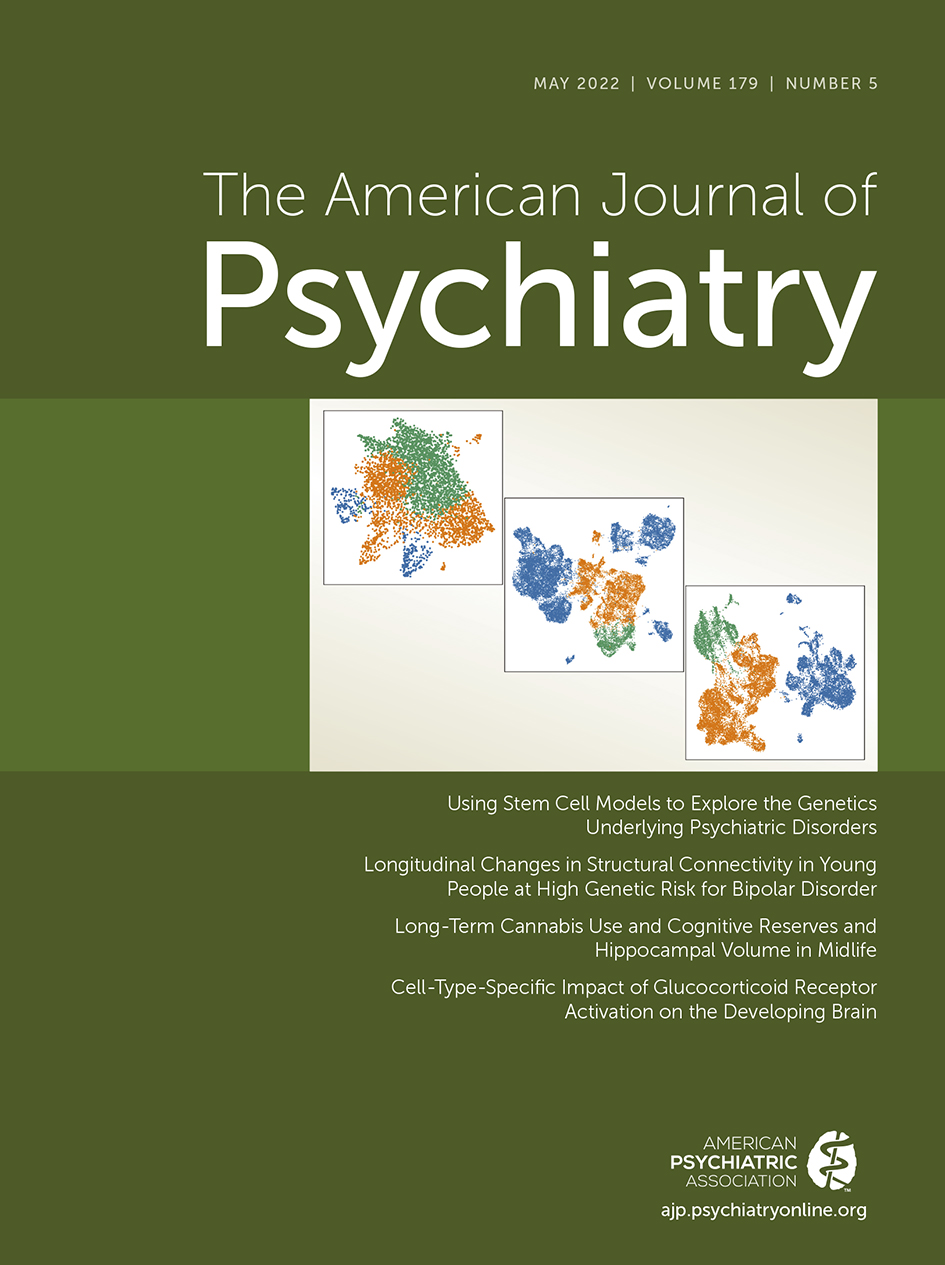Using Stem Cell Models to Explore the Genetics Underlying Psychiatric Disorders: Linking Risk Variants, Genes, and Biology in Brain Disease
Abstract
There is an urgent and unmet need to advance our ability to translate genetic studies of psychiatric disorders into clinically actionable information, which could transform diagnostics and even one day lead to novel (and potentially presymptomatic) therapeutic interventions. Today, although there are hundreds of significant loci associated with psychiatric disorders, resolving the target gene(s) and pathway(s) impacted by each is a major challenge. Integrating human induced pluripotent stem cell–based approaches with CRISPR-mediated genomic engineering strategies makes it possible to study the impact of patient-specific variants within the cell types of the brain. As the scale and scope of functional genomic studies expands, so does our ability to resolve the complex interplay of the many risk variants linked to psychiatric disorders. In this review, the author discusses some of the technological advances that make it possible to ask exciting questions that are fundamental to our understanding of psychiatric disorders. How do distinct risk variants converge and interact with each other (and the environment) across the diverse cell types that comprise the human brain? Can clinical trajectories and/or therapeutic response be predicted from genetic profiles? Just as critically, by spreading the message that genetic risk for psychiatric disorders is biological and fundamentally no different than for other human conditions, we can dispel the stigma associated with mental illness.



